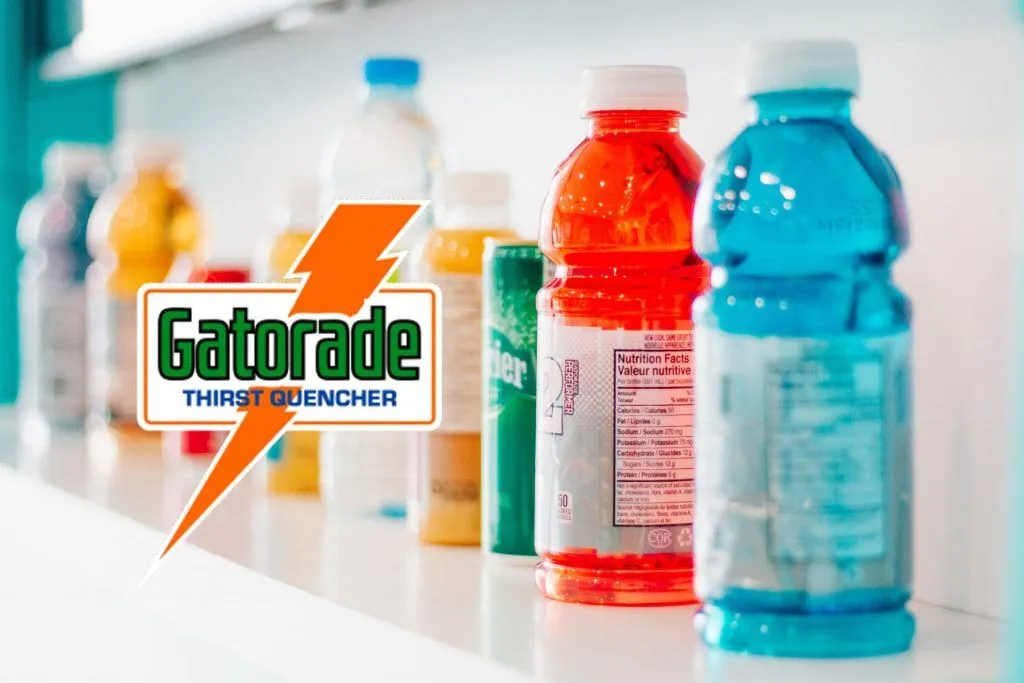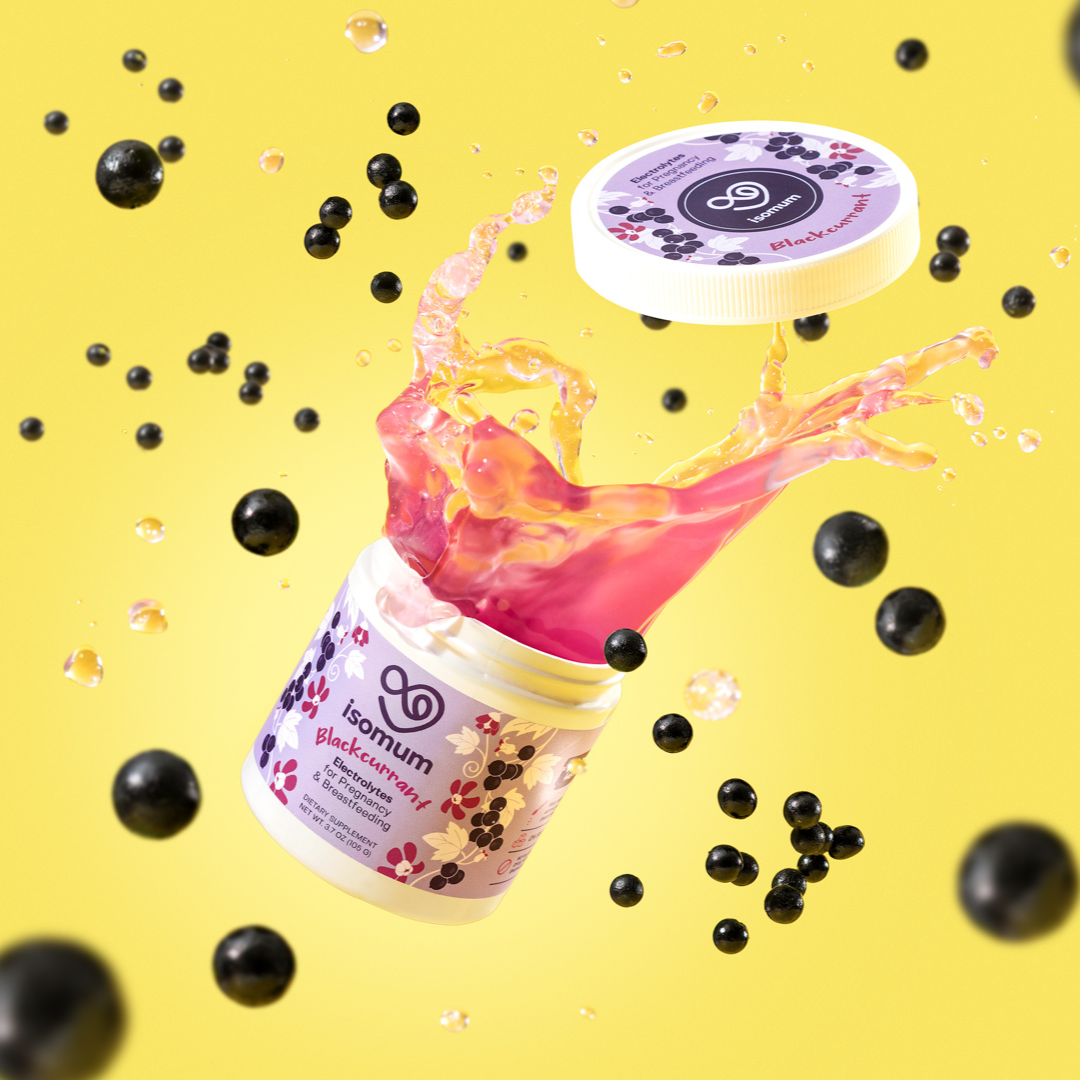As an expectant mother, you are mindful of everything that goes into your body. You might have read about the benefits of Gatorade in keeping you hydrated and wondered if it is safe to consume during pregnancy. We will dive deep into the composition and important factors around Gatorade during your pregnancy, the role of electrolytes in pregnancy, and possible risks associated with consuming Gatorade while pregnant. We will also explore why Gatorade can be perceived beneficial during pregnancy, alternatives to Gatorade while pregnant, recommended amounts of intake for pregnant women, and answer some frequently asked questions. Read on to get a more informed choice about consuming Gatorade during pregnancy.
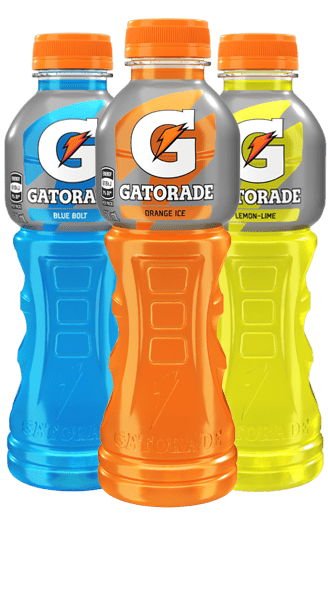
Understanding Gatorade
Gatorade, a popular sports drink, is known for providing electrolytes that help with hydration and replenishment.
The product comes in a clear container and it is artificially colored yellowish green to connote lemon-lime flavor in our brains and on our tongues.
Water is the primary ingredient, followed by sugar, and then dextrose. Ingredients are typically mentioned based on their quantity, indicating that Gatorade mainly consists of water and sugars. Beyond water, sugar, and salt, Gatorade incorporates synthetic compounds, saccharides, dyes, taste enhancers, preservatives, and stabilizing agents.
The Glycemic Index of Gatorade Orange is rated as high, standing at 89, as per The University of Sydney. In comparison, the GI for a typical soda ranges from 56 to 62, according to the American Diabetes Association. A higher GI indicates a more pronounced (and possibly detrimental) response in our bodies.
But some studies have linked artificial food dyes like red dye 40 to hyperactivity, including ADHD.
Blue #1 is able to cross blood-brain barrier so not only your tongue but also your brain is colored blue.
“A 28 oz. BOTTLE OF GATORADE BLUE CHERRY CONTAINS 48 GRAMS OF ADDED SUGAR >> AS MUCH ADDED SUGAR AS THERE IS IN 21 HERSHEY’S CHOCOLATE KISSES. “
Ingredients Inspector
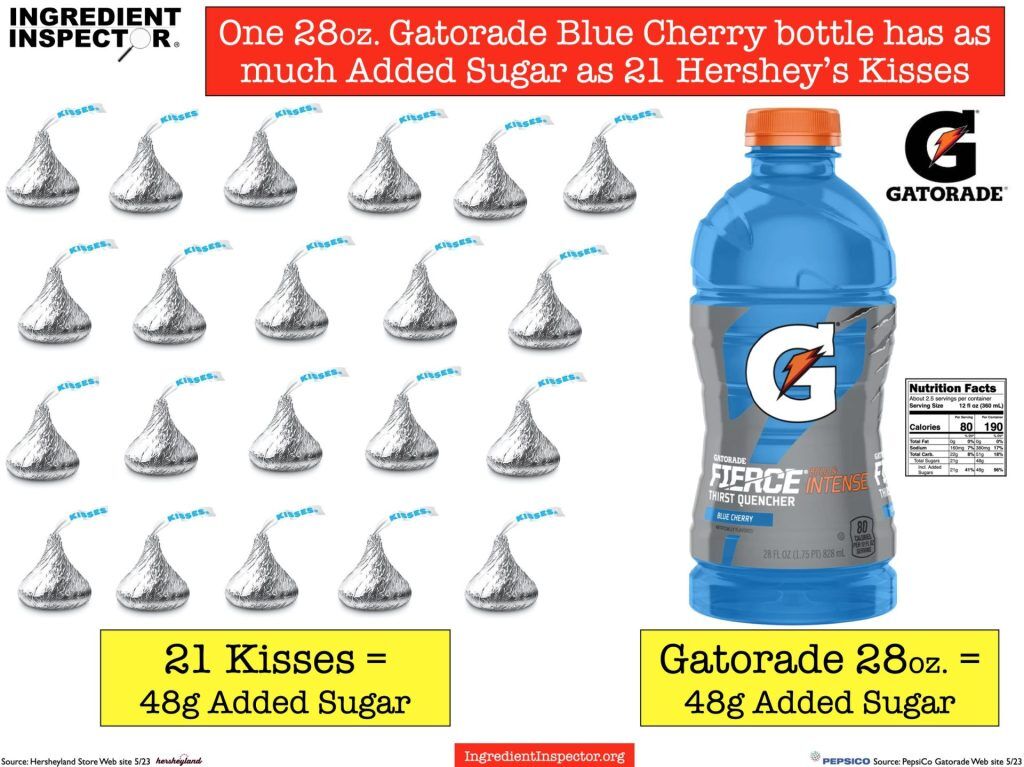
If you decide to avoid these chemicals but are still interested in drinking Gatorade, not all of their products contain artificial colors. G Organic, its organic sports drink line, does not contain any artificial food dyes.
The exception is the G Organic drinks which are certified organic and only contain seven ingredients: water, cane sugar, citric acid, natural flavor, sea salt, sodium citrate, and potassium chloride.
Role of Electrolytes in Pregnancy
Electrolytes play a vital role in maintaining fluid balance within the body and are essential for normal cell function. During pregnancy, electrolytes also have a significant impact on fetal development. Ensuring proper electrolyte balance is crucial for supporting healthy blood volume throughout pregnancy. One way to replenish electrolytes lost during the early stages of pregnancy, particularly due to morning sickness, is through the consumption of an electrolyte drink. Gatorade does have added electrolytes. While it is important to note that Gatorade should be considered for its additional problems that it also brings along with it. But, if you need to keep in mind sugar content, healthy weight gain or gestational diabetes this is a terrible solution and should not be used.
Are There Risks Associated with Consuming Gatorade While Pregnant?
Gatorade during pregnancy can lead to high sugar intake, gestational diabetes and potential weight gain.
Having gestational diabetes can increase your risk of high blood pressure during pregnancy.
Some flavors contain artificial sweeteners, which have risks. Pregnant women with high blood pressure should find out what is best for them by seeking advice. Gatorade might not be ideal at all. Dietary balance is a huge factor to think about for your pregnancy. When there are other products to use for electrolyte intake, Gatorade is a concerning choice for the mother and baby.
Gatorade includes synthetic compounds, saccharides, dyes, taste enhancers, preservatives, and stabilizing agents.
Possible risks with petroleum based dye’s and the crossing of the blood brain barrier, placental barrier and risks associated with ADHD. This could prove to need further research to find out how much that can play a part in childhood development.
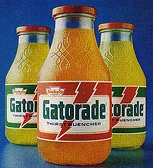
Overconsumption and its Possible Impacts
Consuming Gatorade during pregnancy can result in a high intake of calories, which may contribute to weight gain. This overconsumption can also increase the risk of gestational diabetes due to the high sugar content found in Gatorade. It is important to note that the intake of Gatorade can affect blood sugar levels, potentially leading to imbalances. Additionally, drinking Gatorade may disrupt electrolyte levels in the body, which can be counter productive as well. As part of a healthy pregnancy diet, you should not drink Gatorade, but perhaps seek alternative ways such as Isomum. This ensures that the potential benefits, such as replenishing electrolytes and providing hydration, are not overshadowed by the possible negative impacts of excessive sugar and synthetics intake.
Why might some pregnant women be medically advised against drinking Gatorade?
Concerns arise due to Gatorade’s high sugar content and potential risks of artificial sweeteners for pregnant women. Especially those already suffering with gestational diabetes. Healthcare providers also consider the effects of caffeine and electrolyte levels when advising against Gatorade consumption during pregnancy. While caffeine, on inspection doesn’t come across as an issue with Gatorade, sports and energy drinks do carry it in their ingredients. I feel it’s worth a mention just in case you are considering alternatives. Gatorade doesn’t have caffeine which is hugely problematic for pregnancy.
The increase in levels of dyes and other synthetics is something to not be taken lightly.
If you are interested or concerned about caffeine intake, Tommys.org have a caffeine calculator to help understand and measure caffeine for your pregnancy.
When Can Gatorade be Beneficial During Pregnancy?
Gatorade can be beneficial during pregnancy in some situations. It could provide hydration and replenish electrolytes, especially when dealing with dehydration, fatigue or nausea. It can offer relief from symptoms of morning sickness. But it comes with a warning- It really has no place in a routine.
Dealing with Pregnancy-Related Dehydration
Dehydration during pregnancy can lead to complications, making it crucial to address and manage. In cases of vomiting or diarrhoea, fluid and electrolyte loss can be significant. Gatorade, has fluids, salts and sugars and can be the main reason why it’s discussed online as a solution. Dehydration during pregnancy can be a real problem during pregnancy. If you have issues with underhydration, or even overhydration you should be seeking some extra medical support and advice. They can provide guidance on drug administration and the appropriate use of Isomum in managing dehydration. Incorporating Isomum into a comprehensive plan for hydration can contribute to the well-being of both the mother and the unborn baby.
Alternatives to Gatorade during Pregnancy
During pregnancy, it is important to stay hydrated, and while Gatorade is a popular choice for its electrolyte content, it’s a terrible choice. There are alternatives that can provide hydration and other health benefits. Water is the primary choice for hydration during pregnancy and should be consumed in adequate amounts throughout the day. Herbal teas like ginger tea can also help alleviate nausea and provide hydration. Nutrient-rich juices and smoothies can be another good option as they not only provide hydration but also essential vitamins. Coconut water, in moderation, is a natural source of electrolytes and can be a refreshing alternative. There’s also Isomum that supports you with electrolyte balance while pregnant. It is always advisable to consult with a healthcare provider to identify suitable alternatives such as using Isomum and then align with your specific needs during pregnancy.
Importance of Hydration: Water as the Primary Choice
Proper hydration is crucial during pregnancy, and water should be the primary choice for expectant mothers. Staying hydrated is vital for maintaining optimal bodily functions and supporting the health of both the mother and the baby. Adequate fluid intake helps prevent complications and promotes healthy blood volume in pregnant women. Additionally, drinking enough water helps maintain amniotic fluid levels, which is essential for the baby’s development. It is recommended to consume several glasses of water throughout the day to ensure optimal hydration. While there are other options like herbal teas, nutrient-rich juices, and coconut water, water remains the best choice due to its numerous health benefits. So, make sure to prioritize water intake to stay properly hydrated during pregnancy.
Other Safe Beverages for Expectant Mothers
When it comes to safe beverage choices during pregnancy, there are several options that can provide hydration and additional benefits for expectant mothers. Freshly squeezed orange juice is not only hydrating but also a great source of vitamin C, which is essential for the immune system. Ginger ale can help soothe nausea and aid digestion, making it a good option for pregnant women experiencing morning sickness. Milk and fortified dairy products offer calcium, which is important for the baby’s bones. Green tea, when consumed in moderation, provides antioxidants and a small amount of caffeine. It’s always recommended to consult with a healthcare provider for specific recommendations on safe beverage choices during pregnancy.
Nutrient-Rich Juices and Smoothies
Opting for homemade smoothies and juices during pregnancy can be a great way to stay hydrated while nourishing your body with essential nutrients. By incorporating a variety of fruits and vegetables into your smoothies, you can ensure that you’re getting a wide range of vitamins and minerals. Nutrient-rich fruits like berries and oranges can offer both hydration and important vitamins for you and your baby. Adding protein sources such as Greek yogurt or nut butter to your smoothies can support fetal development. Additionally, including leafy greens in your juices and smoothies can provide crucial minerals and vitamins. It’s important, however, to consume these beverages in moderation and choose options with low sugar content.
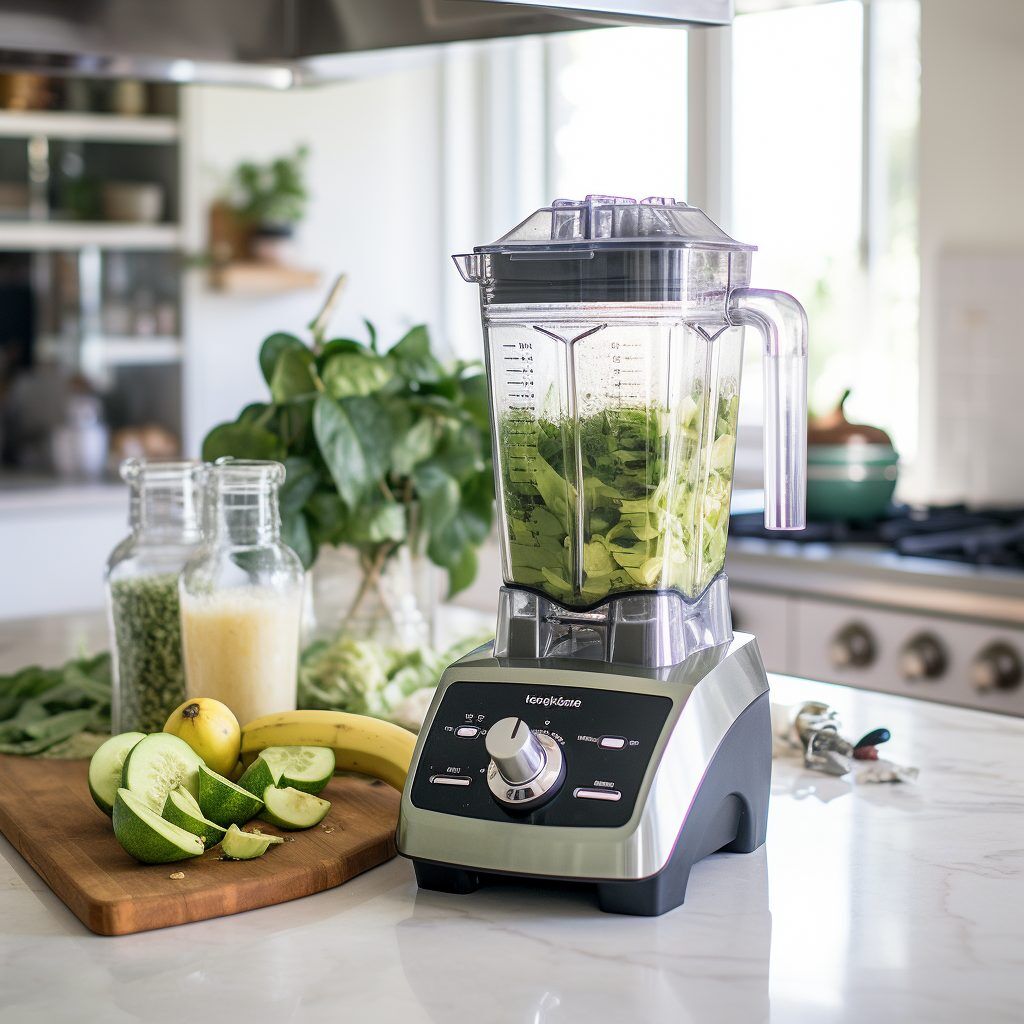
Is there a recommended amount of Gatorade intake for Pregnant Women?
It’s recommended to consult a professional for personalized advice on this matter. For added caution, you might consider eliminating it from your diet. Monitoring hydration levels and ensuring Gatorade is removed from your diet once a suitable electrolyte replacement drink is in use.
Benefits of Sports Drinks in Pregnancy
During pregnancy, it’s advisable to remove the intake of sports drinks due to their high sugar content and the presence of artificial ingredients. While these beverages can offer hydration and energy, especially during physical activity, it’s essential to prioritize natural and nutrient-rich sources of hydration for the well-being of both the mother and the baby. Incorporating alternative measures into a healthy pregnancy diet can ensure proper fluid balance and contribute to overall well-being. There are some good sports drinks and perhaps trying to seek out the clean ingredients versions might be the best sollution if it’s what you are looking for.
Frequently Asked Questions
What are the ingredients in Gatorade that may be concerning during pregnancy?
Gatorade contains electrolytes, sugar, and artificial colors and flavors. Some ingredients like high fructose corn syrup and artificial colors are not suitable for pregnant women. Natural electrolyte sources like coconut water are recommended during pregnancy.
Gatorade is a sports drink primarily made of water and sugars. It’s artificially colored, with the yellowish-green hue suggesting a lemon-lime flavor. The Glycemic Index for Gatorade Orange is high at 89, while typical sodas have a GI between 56 and 62. Some artificial food dyes, like red dye 40, have been associated with hyperactivity, and Blue #1 can cross the blood-brain barrier, blood placental barrier and potentially interfering with the babies development.
Are there any alternatives to Gatorade for hydration during pregnancy?
Looking for alternatives to Gatorade during pregnancy?
Consider Isomum, coconut water, herbal teas, or fruit-infused water for hydration. Staying hydrated is crucial for both you and your baby’s health, aiming for at least 8-10 glasses of water per day.
Is it safe to consume Gatorade in pregnancy?
Consuming Gatorade in moderation during pregnancy is considered safe. However, it’s important for pregnant women to massively limit their intake of added sugars. When doing this it means that using Gatorade is a huge risk factor. Choosing low-sugar options or if you do use Gatorade diluting with water should be a high priority.
But keeping away from dyes and synthetic chemicals should be a high priority when pregnant.
What are the potential risks to consuming Gatorade while pregnant?
Potential risks associated with consuming Gatorade while pregnant include an increased risk of gestational diabetes due to excessive sugar intake.
Opting for water or natural fruit juices is a healthier choice over sugary sports drinks like Gatorade, but when looking for a good addition to your electrolyte intake, Isomum is a great alternative. Avoid energy drinks altogether, since they pack more of a caffeine punch than a cup of coffee and usually contain high levels of sugar also.
Conclusion
In conclusion, it is essential to prioritize hydration during pregnancy. While Gatorade can be beneficial in certain situations, it’s always best to opt for water/ Isomum/ coconut water/ supplements as the primary choice in order to increase your hydration management during pregnancy. Additionally, incorporating nutrient-rich juices and smoothies can provide the necessary hydration and essential nutrients for both you and your baby. Remember to listen to your body and make informed decisions about your fluid intake.

